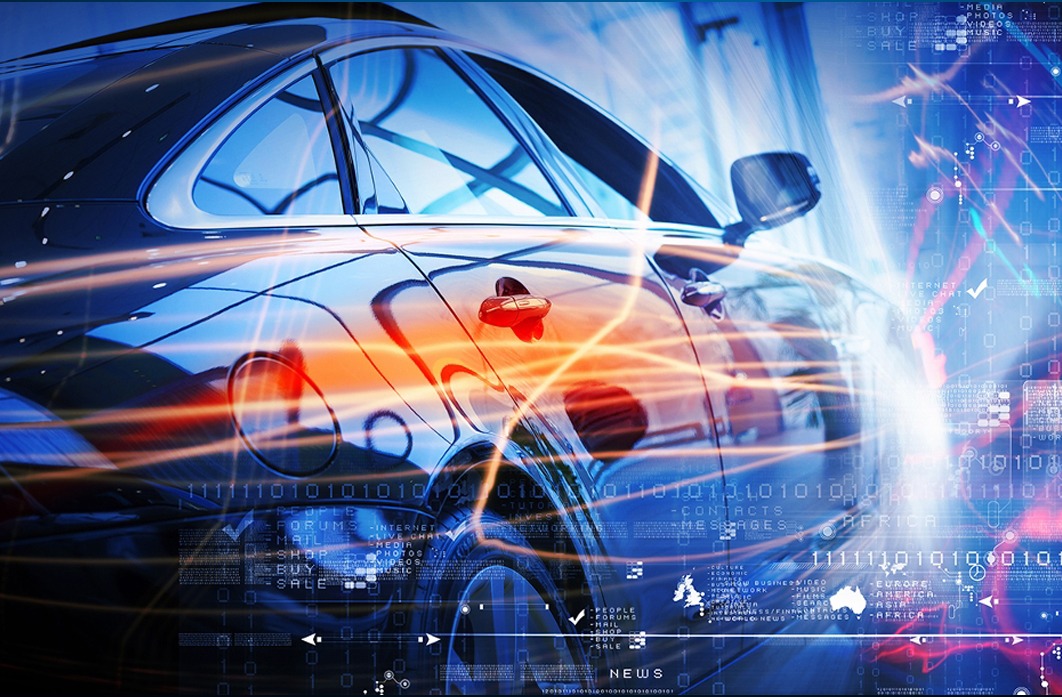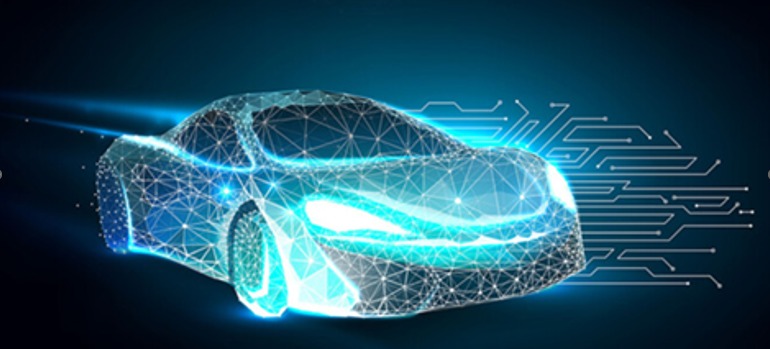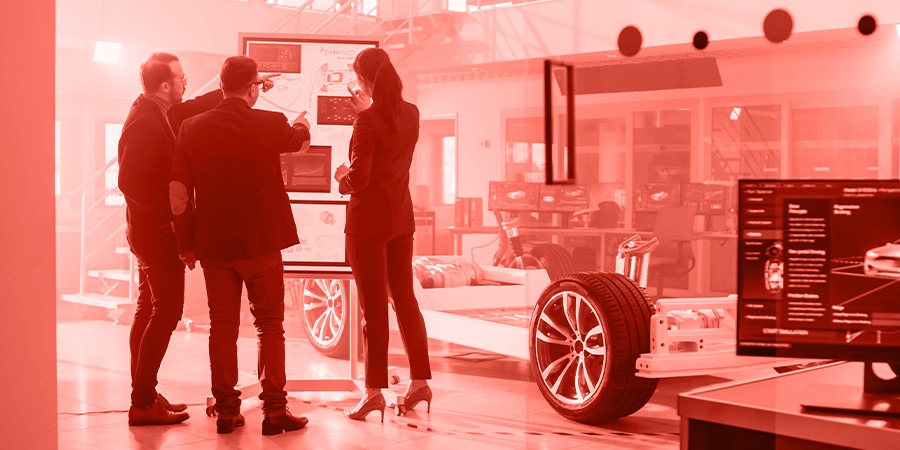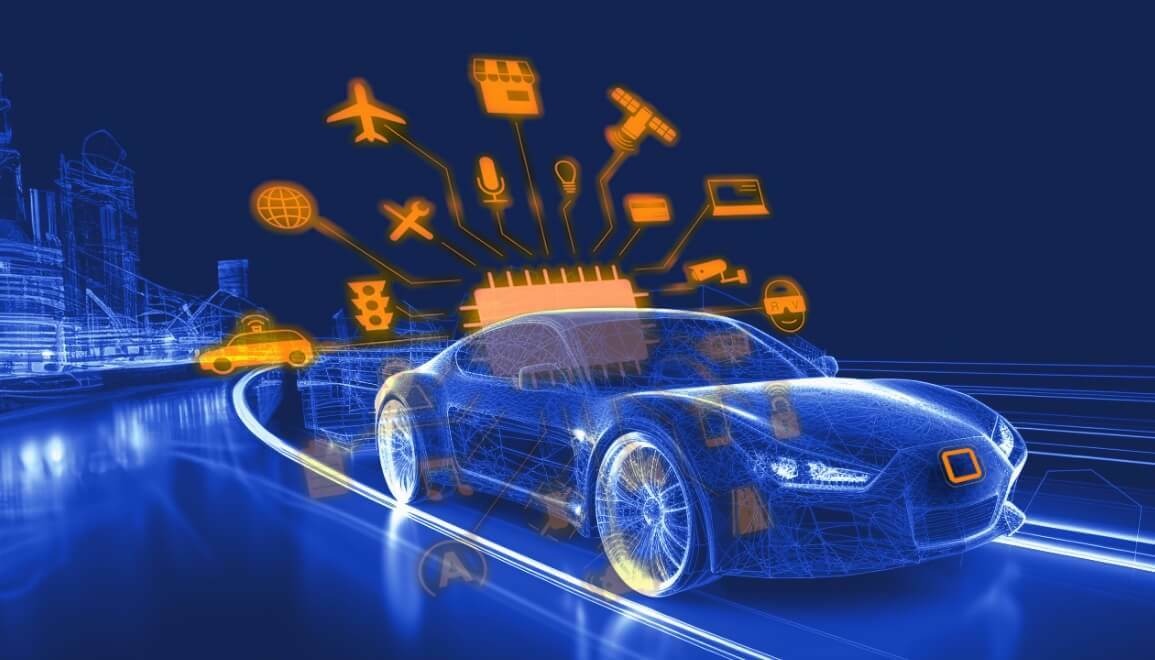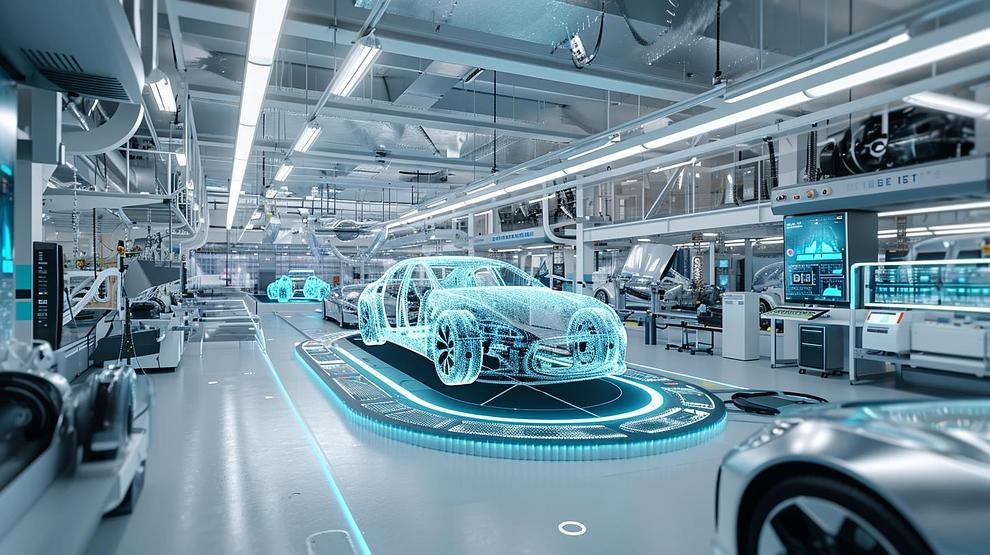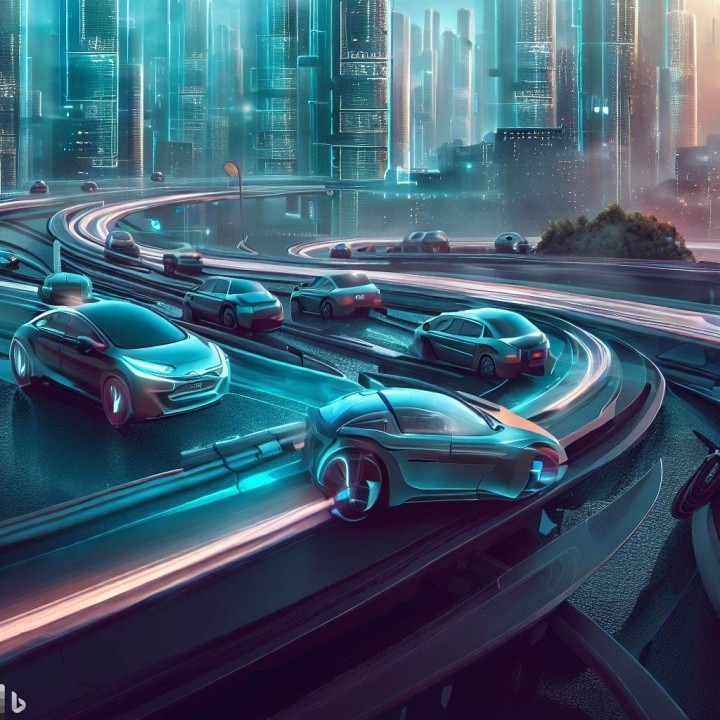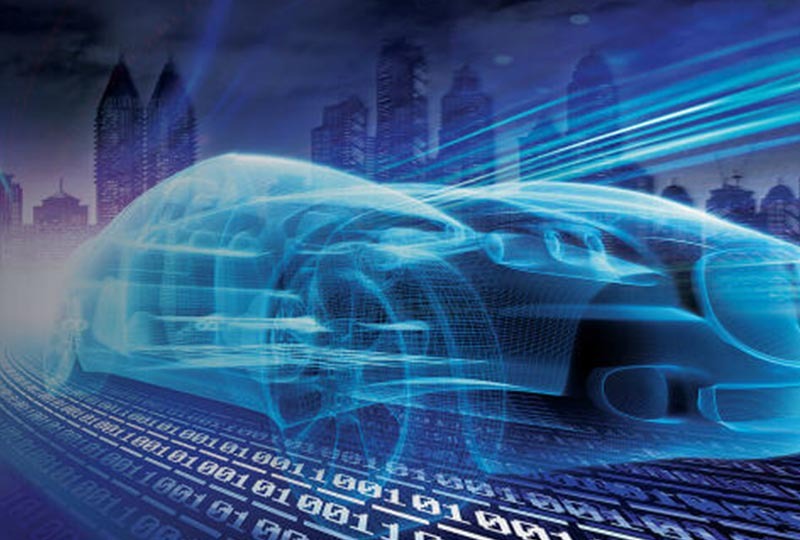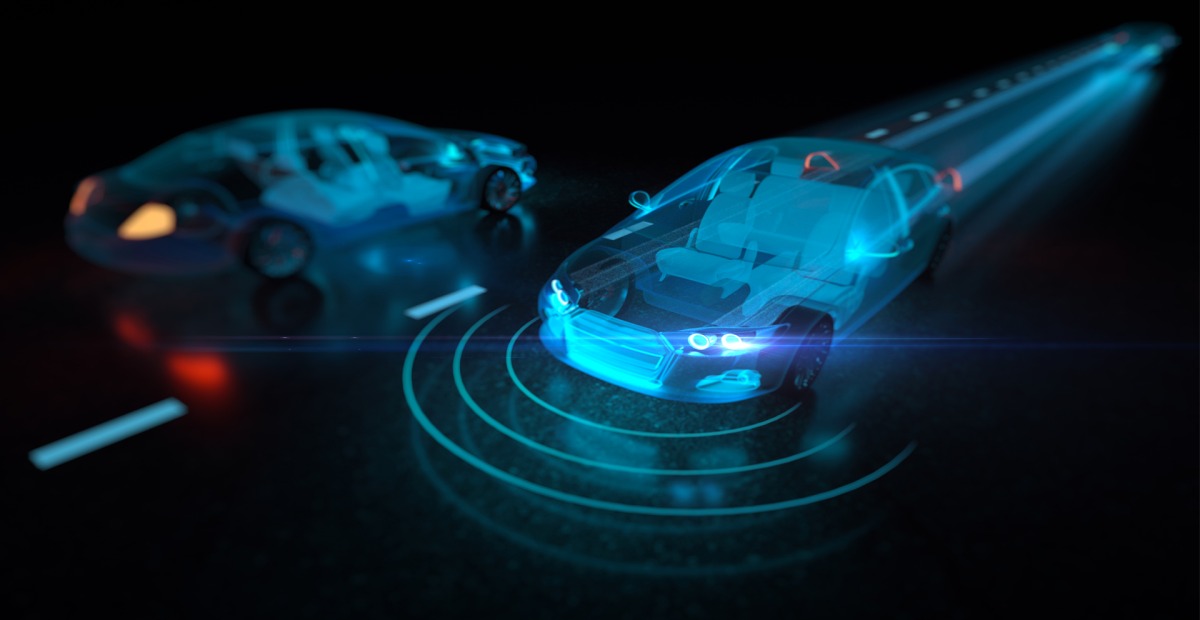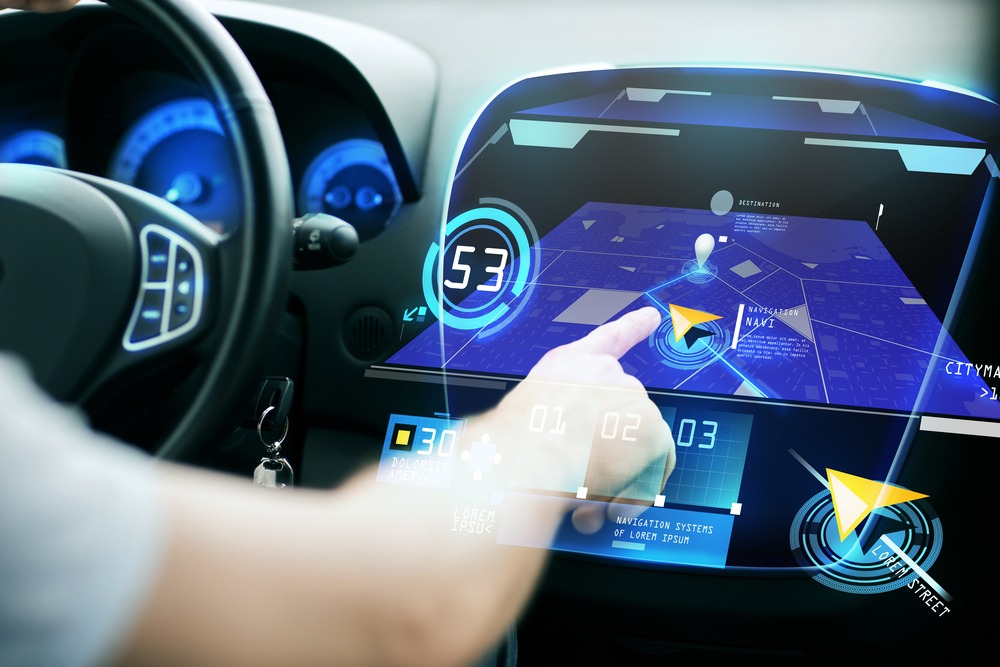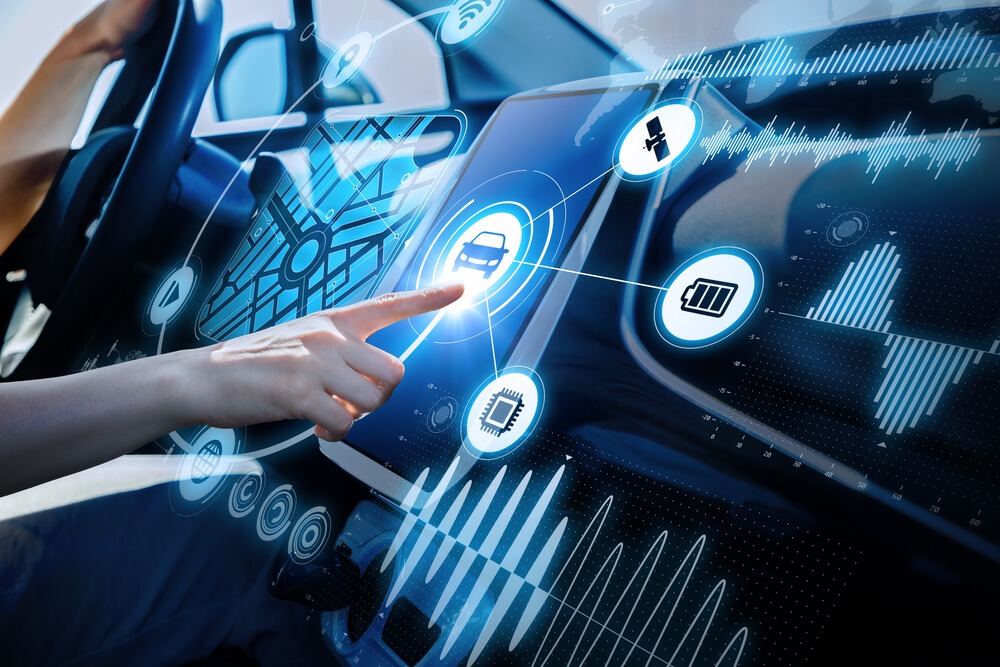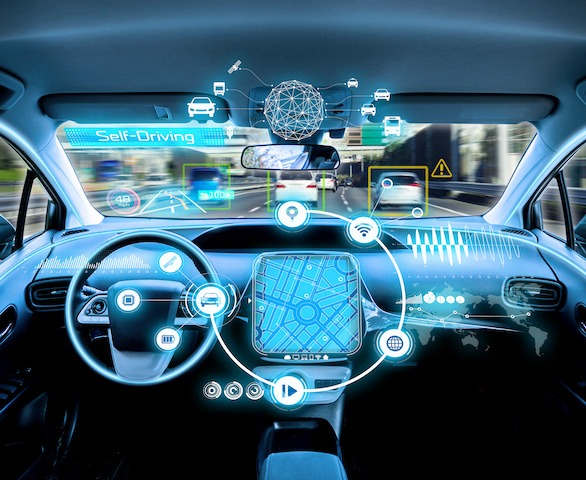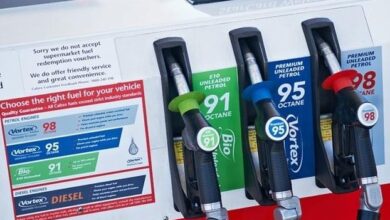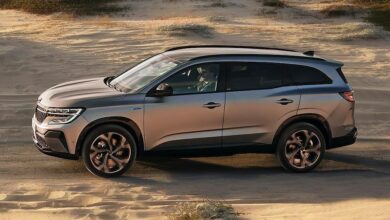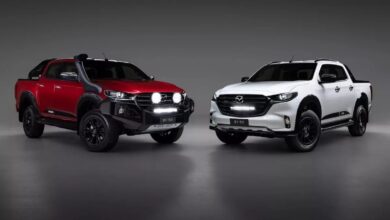How Blockchain Technology Is Revolutionizing Car Ownership
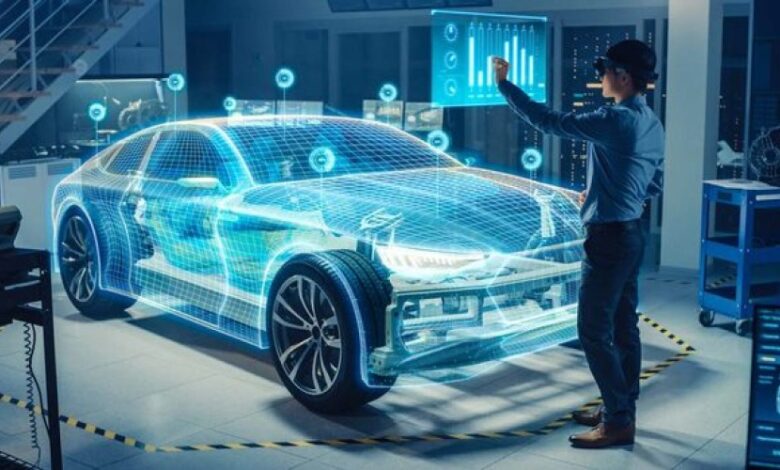
In the ever-evolving landscape of technological innovation, blockchain has emerged as a revolutionary force, disrupting traditional industries and reshaping the way we conduct transactions. “How Blockchain Technology Is Revolutionizing Car Ownership” is your guide to understanding the transformative impact of blockchain in the automotive realm, particularly in the domain of ownership and management.
This comprehensive guide is crafted to unravel the intricacies of blockchain technology and its applications in the context of car ownership. From enhancing transparency in vehicle history records to facilitating secure and efficient transactions, we’ll explore the diverse ways in which blockchain is reshaping the dynamics of owning and managing automobiles.
Join us on a journey through decentralized ledgers, smart contracts, and digital identities as we examine the potential of blockchain to eliminate fraud, streamline processes, and redefine the concept of ownership in the automotive industry. Whether you’re a technology enthusiast curious about blockchain’s applications or a prospective car owner seeking a glimpse into the future of vehicle management, this guide aims to shed light on how blockchain technology is ushering in a new era of trust and efficiency in the realm of car ownership. Let’s explore the fascinating intersection where cutting-edge technology meets the world of automotive innovation.
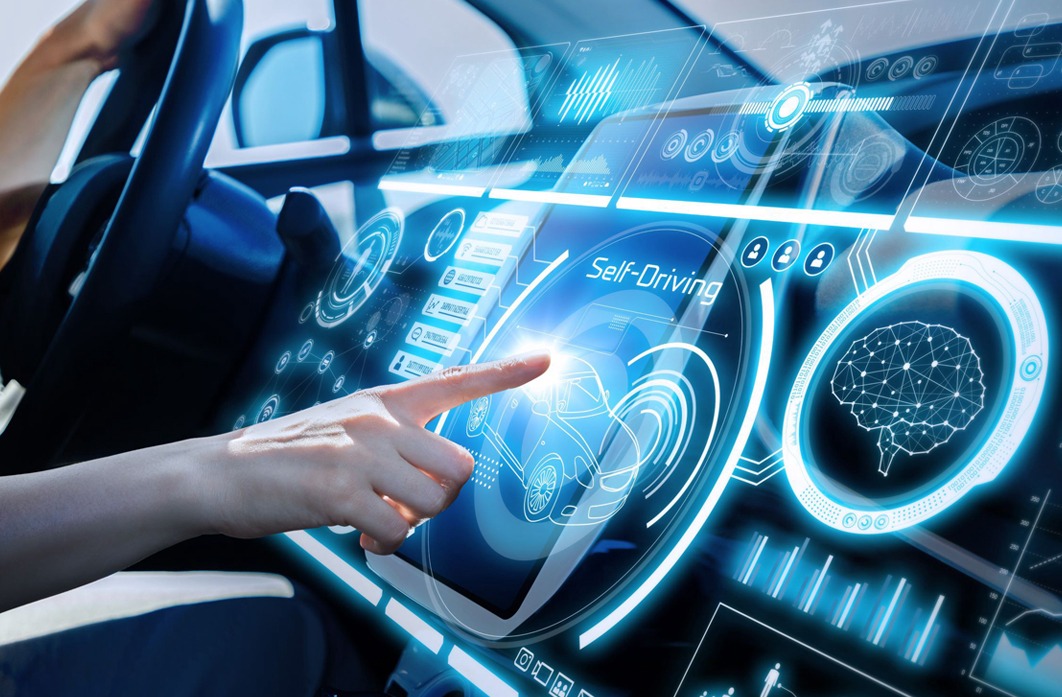
Contents
Understanding Blockchain Technology
Before we delve into the role of blockchain in car ownership, let’s briefly understand what blockchain technology is and how it works.
Blockchain is a distributed ledger technology that enables the recording and verification of transactions in a decentralized and transparent manner. It consists of a chain of blocks, where each block contains a set of transactions. These blocks are linked together using cryptographic hashes, creating an immutable and tamper-proof record of all transactions.
The Traditional Car Ownership Model
In the traditional car ownership model, individuals purchase cars from dealerships or private sellers. Ownership is usually proven through physical documents like title deeds or registration papers. These documents are prone to forgery, loss, or damage. Additionally, transferring ownership can be a time-consuming process involving multiple parties and paperwork.
See more: The Benefits of Using Automated Cars in Urban Traffic
Blockchain and Digital Car Ownership
Blockchain technology offers a more secure and efficient way of proving ownership through digital car ownership. Here’s how it works:
Tokenization of Cars
Blockchain enables the tokenization of cars, where each vehicle is represented by a unique digital token or smart contract. These tokens can be easily transferred between parties, providing a digital proof of ownership without the need for physical documents.
Immutable Ownership Records
All transactions related to car ownership are recorded on the blockchain, creating an immutable record that cannot be altered or manipulated. This ensures transparency and trust among all parties involved in the ownership transfer process.
Smart Contracts for Ownership Transfer
Smart contracts, which are self-executing agreements with predefined rules, can be utilized to automate ownership transfers. When certain conditions are met (e.g., payment verification), smart contracts automatically transfer ownership to the buyer, eliminating the need for intermediaries and reducing transaction costs.
The Charging System for Electric Cars: Everything You Need to Know and the Latest Updates
Benefits of Blockchain in Car Ownership
The adoption of blockchain technology in car ownership brings several benefits to both individuals and the automotive industry as a whole. Let’s explore some of these advantages:
Enhanced Security and Fraud Prevention
Blockchain’s decentralized nature and cryptographic algorithms make it highly secure against fraudulent activities such as identity theft, odometer tampering, or title fraud. The immutability of ownership records ensures that there is no tampering with past transactions, providing a reliable history of a vehicle’s ownership.
Streamlined Ownership Transfers
Blockchain simplifies the complex process of transferring ownership by eliminating intermediaries and reducing paperwork. Digital ownership records stored on the blockchain can be easily accessed and verified by relevant parties, reducing transaction time and costs.
Increased Transparency and Trust
The transparent nature of blockchain allows individuals to verify the authenticity and history of a vehicle before making a purchase. This transparency builds trust between buyers and sellers, mitigating the risks associated with buying a used car.
Improved Supply Chain Management
Blockchain can also revolutionize supply chain management in the automotive industry. By recording every stage of a vehicle’s production, from manufacturing to delivery, on the blockchain, manufacturers can ensure transparency and traceability, reducing counterfeit parts and improving overall quality control.
Efficient Vehicle Financing
Blockchain-based platforms can streamline vehicle financing by automating loan approval processes, reducing paperwork, and enhancing transparency. Lenders can securely access an individual’s credit history stored on the blockchain, enabling faster loan approvals and more efficient financing options.
Challenges and Considerations
While blockchain technology has immense potential in transforming car ownership, there are still some challenges to overcome:
Scalability
The scalability of blockchain remains a challenge as more transactions are added to the network. As the number of cars on the road increases, blockchain networks must handle a higher volume of transactions without compromising speed or efficiency.
Regulatory Frameworks
Implementing blockchain in car ownership requires supportive regulatory frameworks that recognize digital ownership records and provide legal clarity for smart contracts. Collaborations between governments, automotive manufacturers, and technology providers are crucial to establish such frameworks.
Data Privacy and Security Concerns
While blockchain offers enhanced security, there are still concerns regarding data privacy and protection. Personal information stored on the blockchain must be adequately protected to prevent unauthorized access or misuse.
Driving into the Future: The Revolution of Car Ownership Through Blockchain Technology
Blockchain technology has the potential to revolutionize car ownership by providing secure digital proof of ownership, streamlining transfer processes, improving transparency, and enhancing supply chain management. While there are challenges to overcome, collaborations between industry stakeholders can drive the adoption of blockchain in the automotive sector, ensuring a more efficient and trustworthy car ownership experience for individuals worldwide.
The future of car ownership is being reshaped by blockchain technology, bringing us closer to a seamless and secure automotive ecosystem.
See more at: Topcarr

